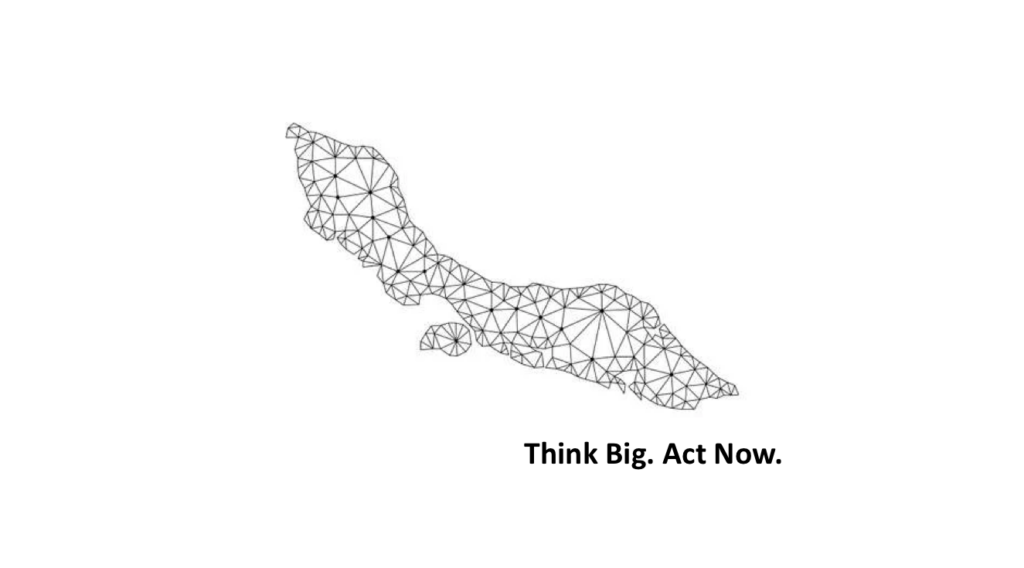
The capacity to gather, retain, process & distribute information is fundamental to any successful human endeavour. It is how we continuously arrive at the necessary understanding, both at the individual and group level, to effectively decide our way towards desired states.
In humanity’s relentless pursuit to enhance and extend their natural faculties and minimize the interval between current and desired conditions, we have developed increasingly sophisticated information and communication technologies (ICT’s). Technologies, which have enabled us not only to survive, but to thrive amidst the challenges thrown at us by the natural world.
However, these same advancements in ICT’s are fueling an exponential increase in the global information exchange rates. That is to say, that the informational context which we as individuals and as a society need to apprehend is and will be in a state of continuously increasing flux. And without the aid of those ICT’s, increasingly unpredictable.
The world we created through ICT’s now relies on them to arrive at any efficient and effective understanding of it.
Thus, the mastery of and access to advanced ICT’s is rapidly becoming a minimum requirement for societies to keep up. This is also reflected in the enormous amounts of value created and exchanged in the global IT-industry. The need to drive digital inclusion is evident. It is a matter of gearing up to meet current and future challenges as a society.
An important recognition of this fact amongst the leadership of Curaçao is reflected in the 2018 publication tiled VISION PAPER SMART NATION PLATFORM CURAÇAO. Appropriately emphasising the following in the introduction:
“Countries and cities which do not pay sufficient attention to the ongoing digital revolution are at risk of falling behind in the regional and international competition with all the negative consequences for the development of their economy and the society in general.”
The fact that in Curaçao Government program 2022 – 2025 the ambition to further digitise (“Digitalisering”) is mentioned 10 times across multiple ministries is also promising.
The “NES-strategy IT services” for Curaçao discussed in the webinar below details an exciting vision on how we can move towards a more digitally inclusive economy and society as a whole.
As mentioned in the webinar, one major challenge in enacting this strategy for Curaçao, is the lack of locally available skilled digital workers. While the readiness to import digital workers as part of the “NES-strategy IT services” is understandable, it may risk depriving local job seekers of job opportunities in the IT industry. This would perpetuate a undesirable digital divide.
World-wide industry leaders such as IBM, Microsoft, and Mendix understand the value and opportunity in re-skilling job seekers towards in demand IT job skills. An approach we can learn from.
With the alarming unemployment rate of approximately 20% we are facing in Curaçao, and the risk of falling behind in the digital revolution, we should let go of the outdated demand for a formal IT education as a prerequisite to qualify for a job in IT. Instead, we should be more open to exploring avenues to re-skill and incubate local job seekers to become the digital workforce we source from to enact a local strategy. An approach which could yield results within 1 year.
With 45% of local job seekers being mid to highly educated, a mature telecommunication infrastructure, a massive global demand for IT professionals, the broad acceptance and adoption of remote modes of working, and the ample availability of online resources to
re-skill job seekers, we are already in a position to take actionable steps towards exporting IT services.
We would say: “Think big. Act now.”